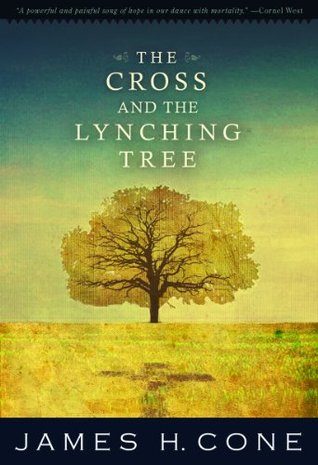In writing this book, my primary concern is to give voice to black victims, to let them and their families and communities speak to us, exploring the question: how did ordinary blacks, like my mother and father, survive the lynching atrocity and still keep together their families, their communities, and not lose their sanity? How could they live meaningful lives, knowing that they could be lynched for any small violation of what Richard Wright called “the ethics of living Jim Crow”?[4]
Welcome back. Just a moment while we sign you in to your Goodreads account.


